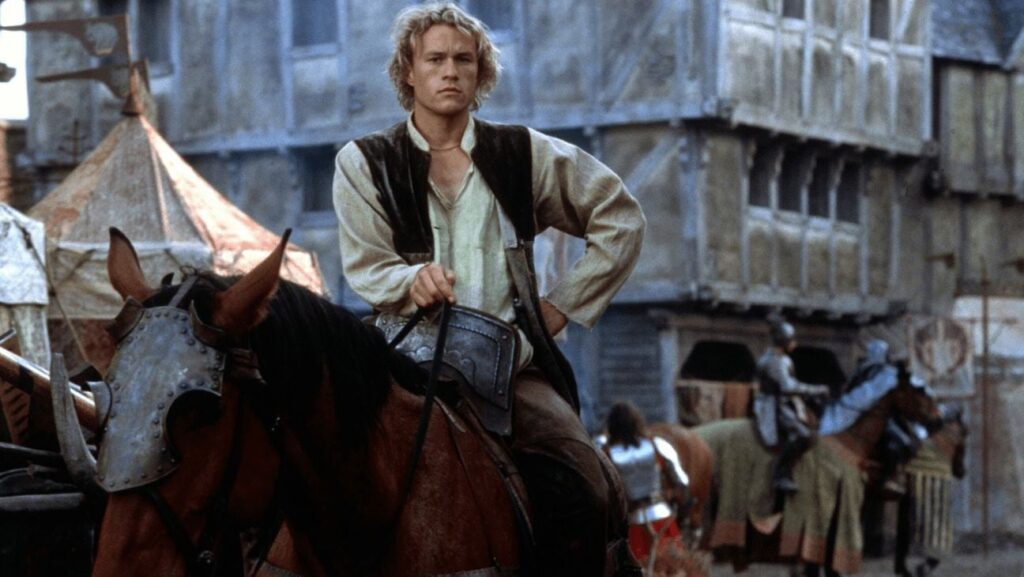Medieval movies have long captivated audiences with their tales of heroism, chivalry, and epic battles. Yet, some films stand out for their unique approaches, redefining the genre by infusing modern sensibilities, profound themes, or satirical humor into the traditional medieval backdrop. Let’s embark on a journey through seven exceptional films that have reshaped our understanding and appreciation of the medieval movie genre.
A Knight’s Tale Blends Modern Vibes with Medieval Times
In A Knight’s Tale (2001), director Brian Helgeland takes a bold leap by integrating rock music into a 14th-century setting. This anachronistic choice, alongside the portrayal of Geoffrey Chaucer by Paul Bettany, creates a playful yet respectful divergence from historical accuracy. The film cleverly uses modern elements like branding to comment on contemporary culture while maintaining an accurate depiction of the social dynamics of medieval tournaments. Though “A Knight’s Tale” is noted for its anachronistic use of rock music, it deserves a place on this list for its accurate portrayal of the social dynamics of medieval tournaments,
suggesting that sometimes, bending historical rules can lead to a richer storytelling experience.
The Seventh Seal Contemplates Existence and Death
Ingmar Bergman’s The Seventh Seal (1957) is a stark portrayal of the Dark Ages, where silence reigns in the absence of God. Max von Sydow’s knight Antonius Block embodies the existential crisis of the era, grappling with his faith as he plays chess with Death. My flesh is afraid, but I am not,
he asserts, encapsulating the film’s exploration of human fears and the search for meaning. This profound narrative has left an indelible mark on cinema and has influenced countless filmmakers in their own quests to depict life’s greatest enigmas.
Braveheart Ignites the Epic Battle Genre
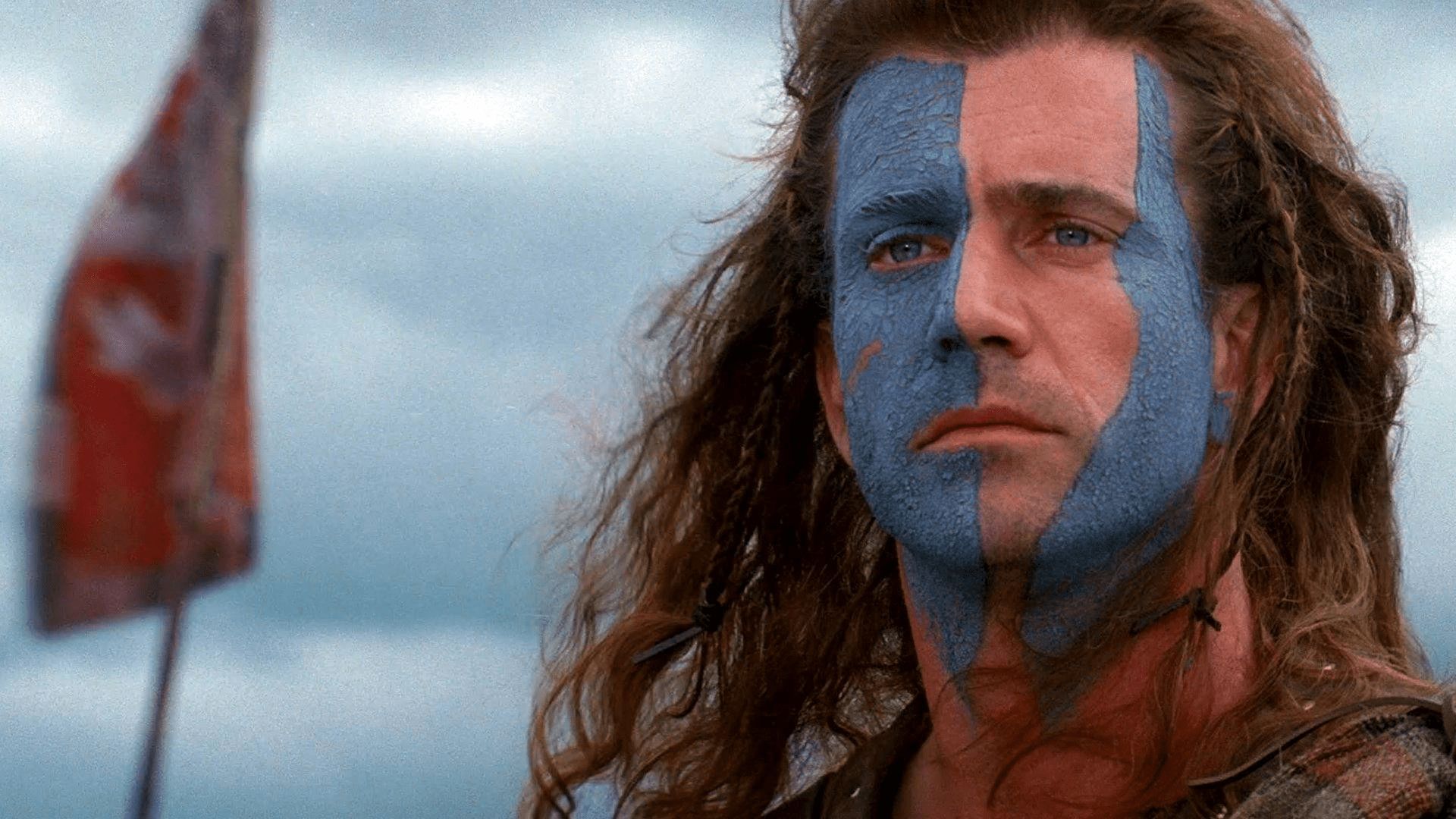

Mel Gibson’s Braveheart (1995) is renowned for its grandiose storytelling and sweeping battle scenes that have come to define the medieval epic genre. While its commitment to historical accuracy has been debated, there’s no denying its impact on how medieval warfare is portrayed on screen. The film’s visceral depiction of Scotland’s fight for independence under William Wallace has inspired a generation of filmmakers to embrace large-scale historical narratives.
Monty Python Satirizes Medieval Legends
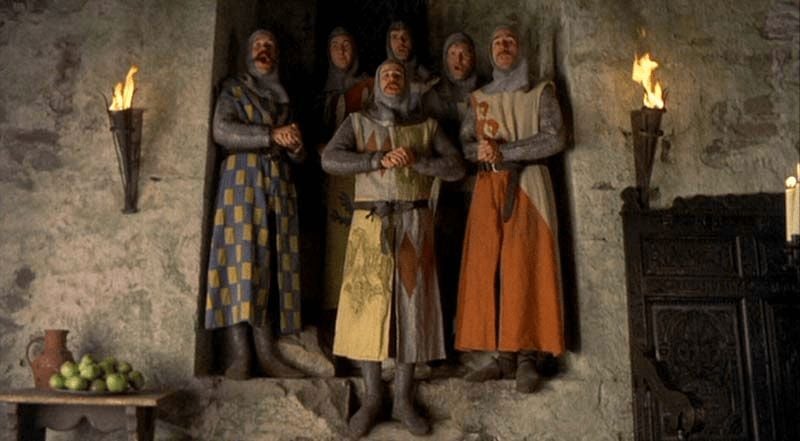

The legendary comedy group Monty Python took a different route with their 1975 film Monty Python and the Holy Grail. By parodying King Arthur’s quest for the Holy Grail with absurd humor and sharp wit, they created a cult classic that continues to redefine what a medieval movie can be. With scenes like Arthur deeming Camelot “a silly place” after a musical number, Monty Python proved that even history’s most revered legends could be fodder for comedy.
Kingdom of Heaven Explores Religious Conflict with Nuance
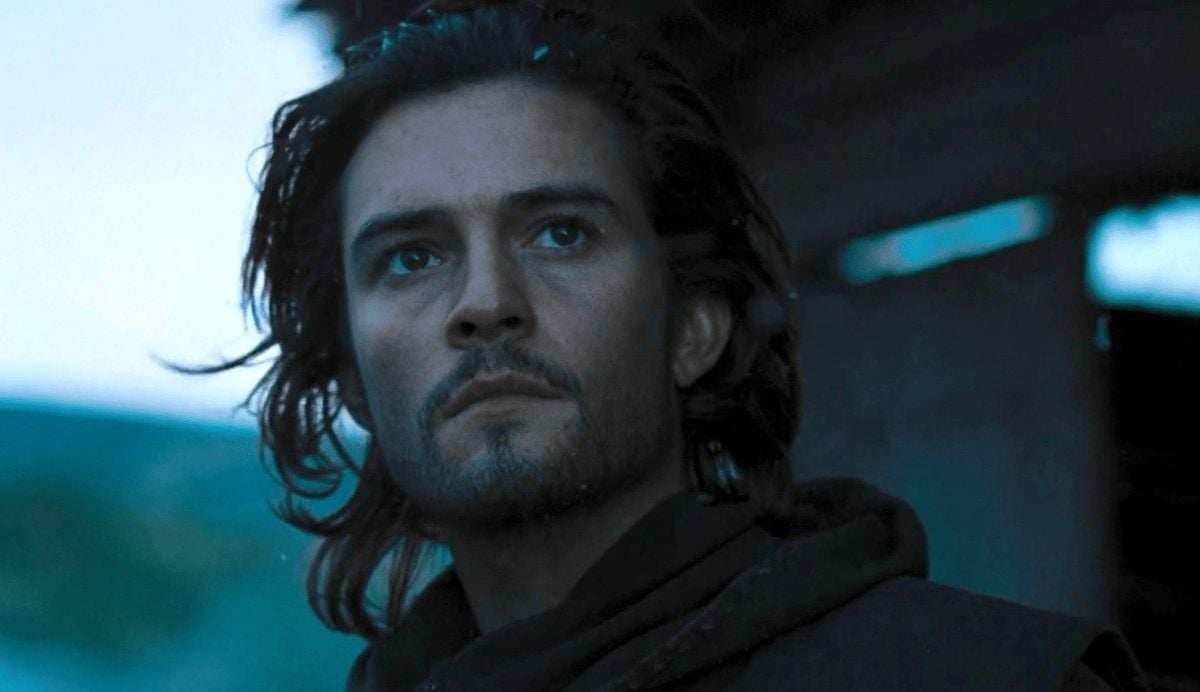

Ridley Scott’s Kingdom of Heaven (2005) delves into the religious conflicts during the Crusades with unprecedented depth. The theatrical release faced criticism for its narrative coherence; however, Scott’s director’s cut added fifty minutes of footage, offering a more nuanced view of history. Most of the movie’s problems were a result of studio meddling in the film’s final cut,
but Scott’s vision ultimately provided an intricate portrayal that humanized both Christian and Muslim perspectives.
The Lion in Winter Adds Psychological Depth to Historical Figures
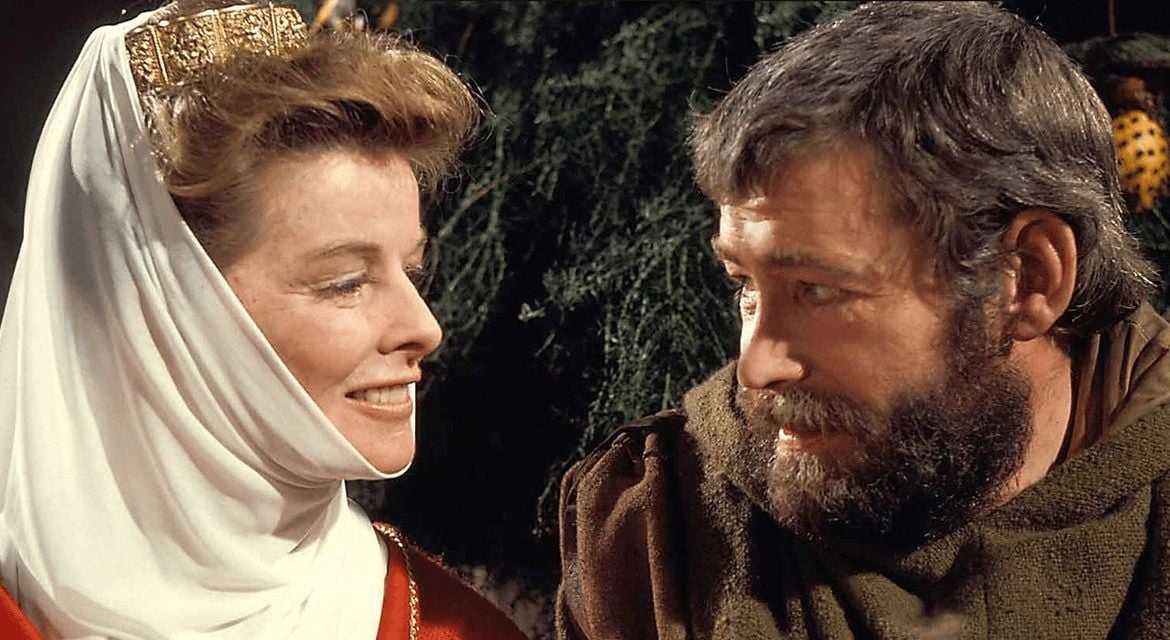

The sharp dialogue and complex character dynamics in The Lion in Winter (1968) bring psychological depth to figures like Eleanor of Aquitaine and Henry II. Katharine Hepburn delivers a magnificent performance that breathes life into her character. The film provides excellent insight into medieval politics and family drama, showcasing characters that look real, and inhabit a world that looks lived in.
Excalibur Brings Arthurian Legend to Life with Visual Flair
‘Excalibur’ (1981) is one of few films that ambitiously tackles the entire Arthurian legend. While it struggled to condense this vast mythology into its runtime, director John Boorman’s dedication to creating an atmospheric movie paid off. Critics like Pauline Kael praised its crazy integrity,
which speaks to its lush visual style and lasting influence on how medieval mythology is presented in cinema.
In conclusion, these seven films collectively offer innovative contributions that have redefined what it means to be a medieval movie. From ‘A Knight’s Tale’ to ‘Excalibur’, each film invites us to explore the medieval era with fresh eyes and newfound appreciation for their transformative storytelling.

